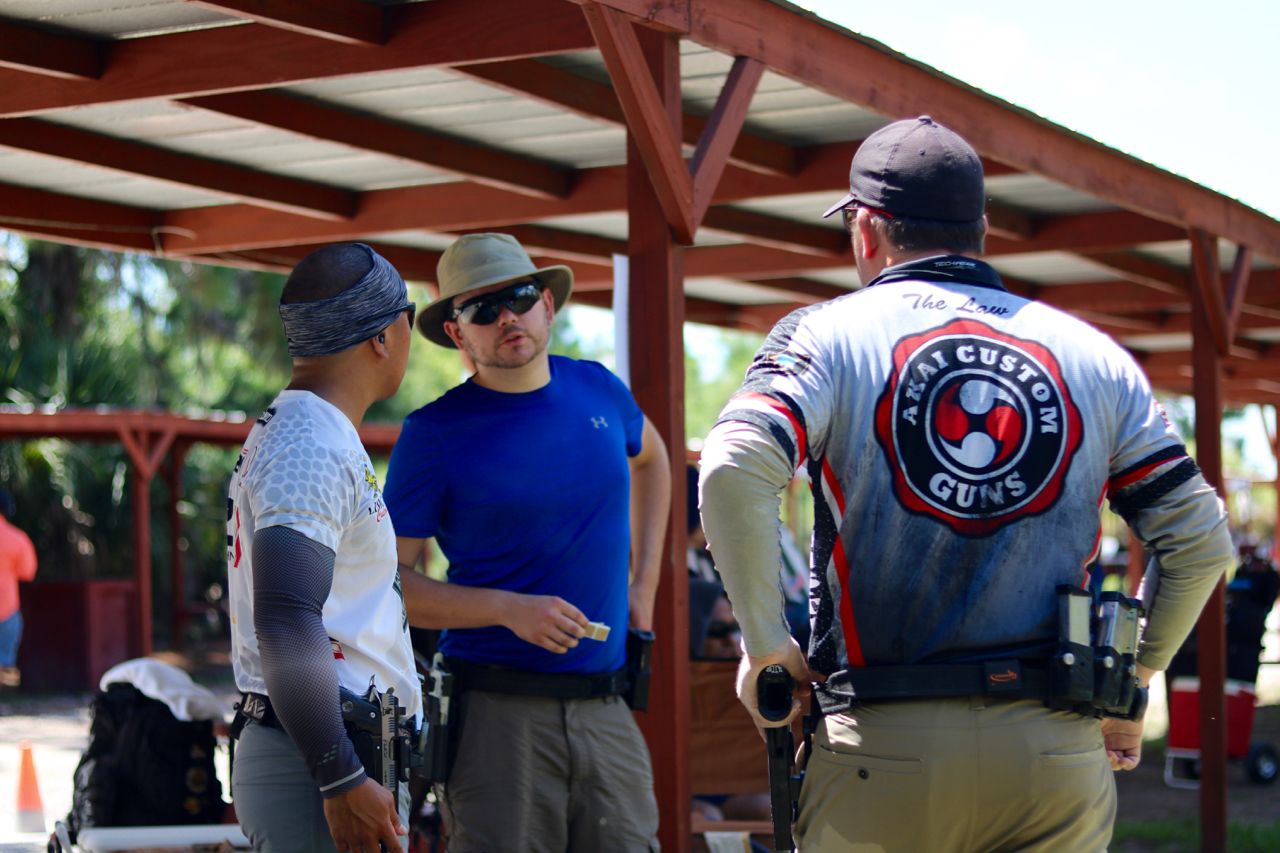Competitive shooting is an interesting sport because on any given weekend, 60-100 people show up, divided among 6-8 gear divisions. So, out of those 100, 5 or 6 might win their division. Roughly 95% of the people who show up will not win. And yet they show up anyway.
You might think that the rational thing to do would be to only show up to matches you have a good shot at winning. But that's not what people do.
I regularly win local matches that I show up to, but I'm planning my year around Nationals, a match where I've placed 25th two years in a row. I know I'm not going to win. And yet it is hugely motivating to me to know that I'm working towards that as the culmination of my season.
So, what the heck is going on?
In all sorts of individual competitions, from marathons to shooting sports to the Olympics, the overwhelming majority of competitors will not win. It's not like a team game where 50% of the participants will be on the winning team. Let's ballpark it that 1% of people who compete will win a given individual competition. And yet individual sports don't seem to suffer from this fact.
My sense of it is that it actually doesn't matter if you win. Most people don't care about winning. They just care about losing to someone admirable.
I know who the guys are that are in the running to win at Nationals. I'm not one of them. But I respect all of them enough that I'm happy to lose to any of them.
It's not winning that is the goal. Obviously not everyone can win. The majority of participants will be losers. But as long as the game is fair and the winners are seen as respectable, then losing to them is itself a respectable act.
And this even works at smaller levels. You might place 58% of your division winner at a match, but if you have a friendly grudge match going with some buddies and they place 56% and 60%, well then you lost even in your small pool of competitors. But assuming you think your friend who placed 60% is respectable, losing to him is no shame. Coming close to him at all becomes respectable.

Competitors also regularly help each other out with advice, strategies, and even spare parts or tools. Helping your competition might seem counter-productive to winning the match, but it bolsters the credibility of the results (which become the product of skill, not bad luck with gear). It also shows that you are not trying to win the individual match through poor sportsmanship, but by being a person that people like shooting with, you win at a larger meta-game.
This solves a paradox that I've thought about a lot, which is why a sport where almost every person is a loser can be so rewarding and satisfying that the dropout rate of folks once they shoot their first match is very low. The only barrier to entry in the sport is learning it exists and getting the initial gear together to play the first time. After that, people are hooked.
But then, for the majority of people in the sport, for the majority of their time in the sport, they will be losers. So why bother?
Because in some sense, it's not a defeat to lose to someone admirable who earned it.
Of course, this requires you to trust the rules and the officials administering the match. In a sport like USPSA where the challenges change from match to match, the stages have be roughly similar to "typical" stages or they lose credibility. If any one of those links in the chain breaks, a defeat can feel in some way unjust.
But if all those links are in place, not winning is no defeat.
Playing a fair game against fair opponents and not winning, in some strange way, is actually a victory.
